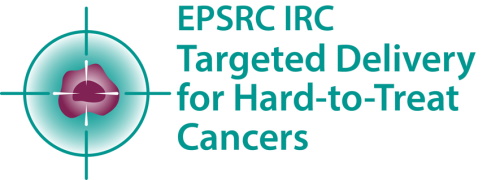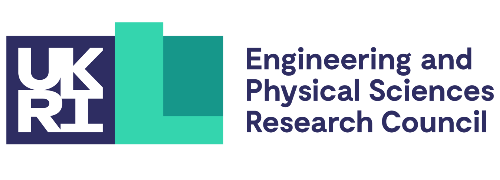
Submitted by L. Millard on Thu, 30/06/2022 - 13:22
The IRC welcomed Professor Dr Jai Prakash, Professor and Chair Engineered Therapeutics, at the Department of Advanced Organ Bioengineering and Therapeutics, TechMed Centre, University of Twente in the Netherlands for an interdisciplinary seminars.
Professor Prakash started the seminar by bringing focus to the cellular and non-cellular components of the tumour microenvironment (TME) and how they interact. The cellular and noncellular components of the tumour microenvironment (TME) control cancer cell differentiation, proliferation, invasion, and metastasis. Cells within the TME such as cancer-associated fibroblasts (CAFs), tumour-associated macrophages (TAMs), and other immune cells secrete factors that interact with cancer cells and stimulate their proliferation and migration. These factors also negatively affect the therapeutic outcome of anti-cancer therapies.
Professor Prakash identified his research goal “to develop engineered therapeutics which can target and reprogramme specific cells of the TME in order to reverse their pro-tumourigenic and pro-metastatic activity”.
In the past years, Professor Prakash and his team have focused on CAFs and TAMs as key target cells within the TME. CAFs are the prominent cell type responsible for inducing desmoplasia (fibrosis) by producing abundant extracellular matrix (ECM) components. Pancreatic cancer, one of three hard-to-treat cancers in the sights of the IRC programme (as well as mesothelioma and glioblastoma) is one of the deadliest cancer types which is characterised with enormous fibrosis. This fibrotic tissue acts as a physical barrier for the penetration of anti-cancer therapies into the tumour.
Altogether, these studies show that re-programming of specific cells within the TME using engineered therapeutics is a vital approach to treat hard-to-treat cancer types. Jai Prakash, Professor and Chair Engineered Therapeutics, TechMed Centre, University of Twente
“We have identified ITGA5, a fibronectin receptor, overexpressed on CAFs in human pancreatic tumours and contributing to fibrogenesis and ECM remodelling. To block the ITGA5 receptor, we designed engineered therapeutic peptides which showed reduced activation of CAFs and the ECM production. In vivo, these peptides reduced desmoplasia (collagen deposition) and thereby enhanced the efficacy of gemcitabine in different mouse tumour xenograft and genetically-engineered KPC mouse tumour models,” explained Professor Prakash.
“Recently, in another study, we have developed engineered “tail-flipping” liposomes to target and re-programme TAMs to induce anti-cancer effects. We introduced a phospholipid (PAPC) into liposomes which could flip the charged hydrophilic tail to the liposome surface and engage with scavenger receptors overexpressed on TAMs. Furthermore, we delivered a peptidoglycan – a component of bacterial cell walls – to TAMs using these liposomes and thereby re-programming TAMs into anti-tumoural phenotype in vivo. Altogether, these studies show that re-programming of specific cells within the TME using engineered therapeutics is a vital approach to treat hard-to-treat cancer types.”
The seminar was followed by a Q&A session which included discussion of the potential suitability of Professor Prakash’s research to mesothelioma, which, like pancreatic cancer also has a rich stromal component making it hard to treat. The seminar concluded with members of the IRC team thanking Professor Prakash for sharing his interesting and relevant research and consensus on the importance of collaboration across labs and programmes at universities in Europe and beyond to secure a full research picture to advance translation of therapeutics to clinic.
• Read more about the research of Professor Jai Prakash here.


